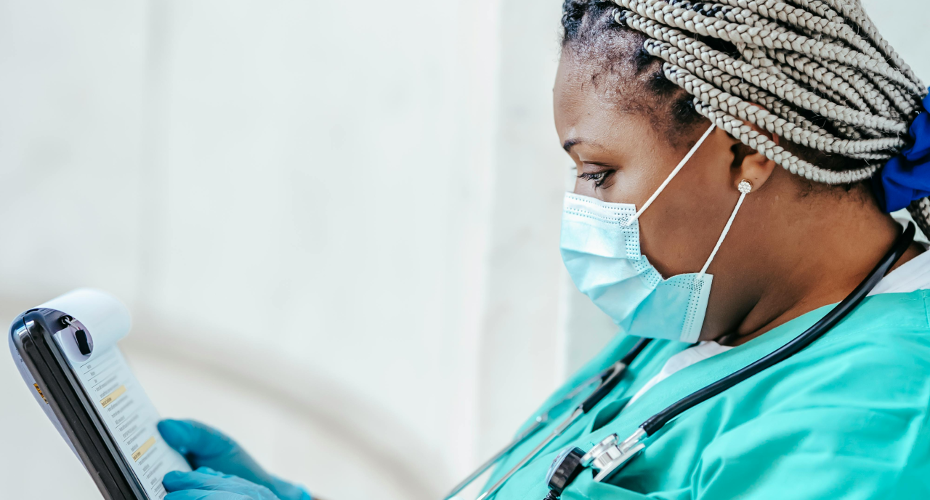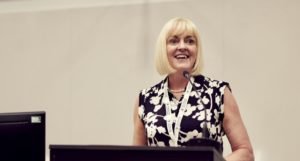Staff and students join forces to launch new conference on reducing health inequalities

Photo by Laura James on Pexels
Staff and students from the University of Exeter have joined forces to launch the University’s first conference on Decolonising Medicine and Health.
It is recognised that historically, medical education, research and care has focussed on white people in terms of teaching materials, and research studies. When medics only learn how conditions affect white people specifically, they may not pick up how people with different ethnic backgrounds are impacted by certain conditions. This leads to a disparity in the level of care provided, with minority groups being adversely affected – such as Black women being misdiagnosed with pelvic inflammatory disease linked to sexually transmitted bacteria, rather than endometriosis. Maternal mortality is also higher in Black and Asian women.
The full-day conference on 12 June 2024 will bring together students and practitioners to discuss the impact of inequities in healthcare, charting a path forward that aims to dismantle systemic biases and help ensure equitable and culturally sensitive care for all.
Experts from across the Higher Education and NHS sectors will speak at the conference at the RILD building in Exeter, which will be opened by Professor Richard Holland, Dean of the University of Exeter Medical School. The keynote address will be delivered by Professor Rajani Naidoo, Vice president and DVC People and Culture at the University of Exeter. Attendees will also take part in workshop sessions around the themes of decolonising the curriculum, as well as decolonising healthcare practice.
Three medical students from the University of Exeter will chair events throughout the day – Alex Parker, an intercalating medical student currently studying for an MPH in Public Health will chair a panel of staff and students on the theme of “Hidden voices”, Naabil Khan, a third year medical student will chair a panel of staff and students on the theme of “Shaping a fair, just and inclusive healthcare”, and, Shihan Salihu, a fourth year medical student will chair the poster presentations.
Shihan said: “It’s an honour to be part of such an exciting project. I’m keen to discuss and discover ways to diversify medicine and medical practice, and I hope to see these discussions blossom into impactful changes on the ward during my junior doctor years.”
One of the conference organisers, Dr Musarrat Maisha Reza, Senior Lecturer in Biomedical Sciences and Director of Equality, Diversity and Inclusion at the University of Exeter, said: “At the moment, we know that people from different ethnic backgrounds don’t get the same quality of care, and decolonising medicine and healthcare is hugely important in terms of addressing that disparity. We have worked hard over the past few years to recognise our part in this and have been proactively improving our medical curriculum in particular, including making sure that our teaching materials are diverse, and through our mentoring schemes.
“Staff student collaborations are absolutely crucial for bringing together diverse perspectives and driving meaningful change, so we hope that this conference will inspire actionable change and ensure that our healthcare system truly serves all communities.”
Professor Richard Holland, Dean of the University of Exeter Medical School, said: “As a Medical School, we care very much about tackling inequalities in the delivery of healthcare, and preparing our students to care for the diverse population of the UK, while also seeking to improve their experiences on our courses. We regularly work with students to improve our medical curriculum and I’m really proud of the way staff and students have worked together on developing this important conference.”



